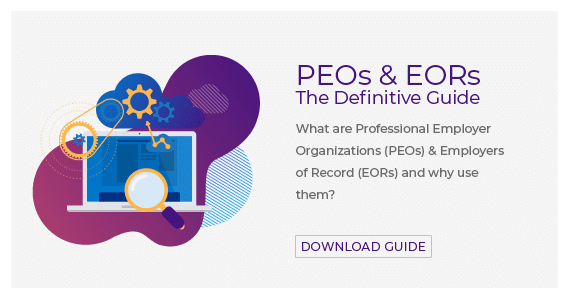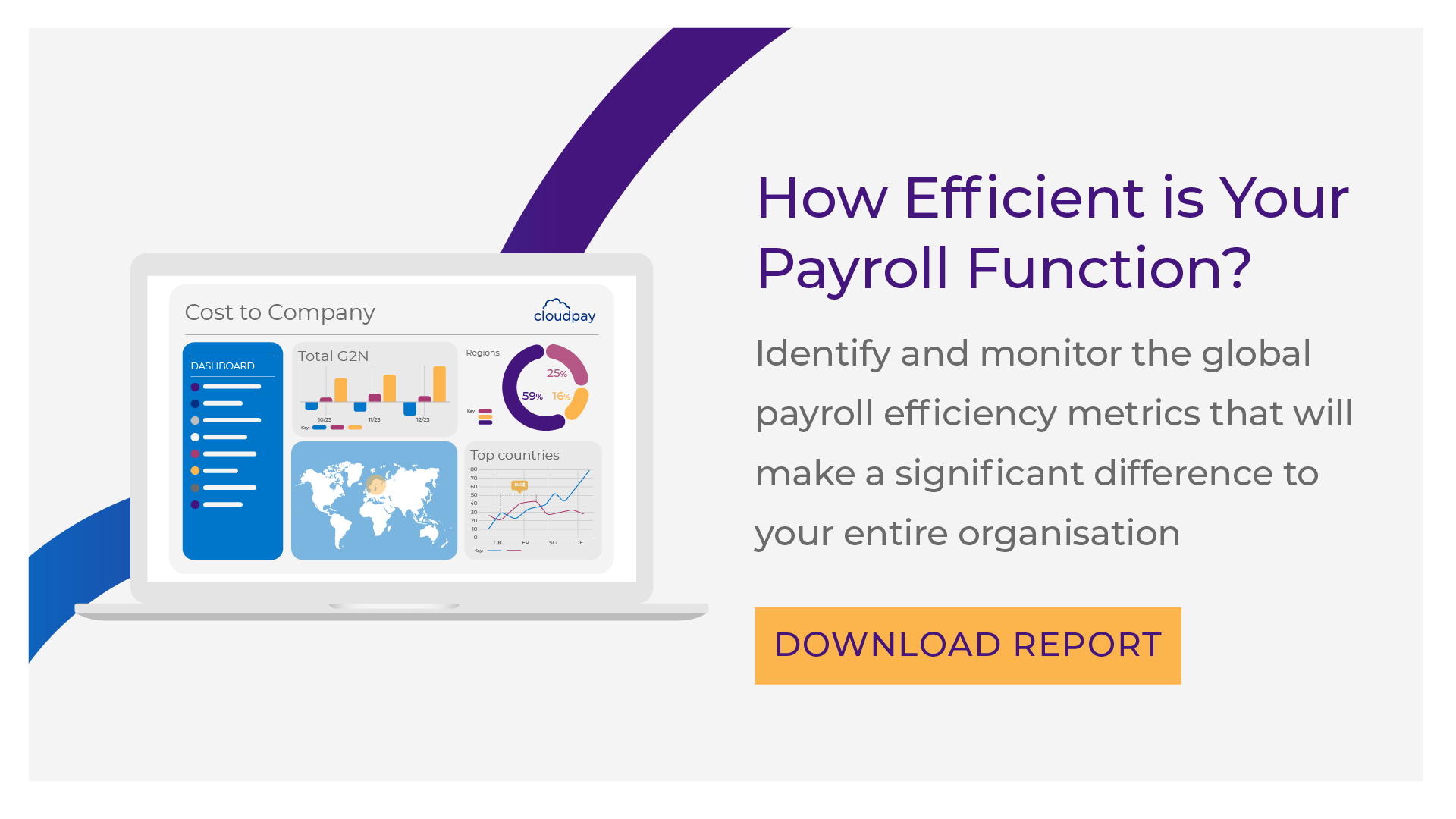As the world has become more globalized, and many of the geographical barriers to talent acquisition have been broken down, businesses have begun to explore hiring employees from all four corners of the world.
It’s easy to understand why. Organizations hiring dropdown#toggle” data-dropdown-placement-param=”top” data-term-id=”275116591″>wellness, and broaden the knowledge and cultural perspectives across their business.
However, it is possible to have too much of a good thing in this case. If hiring strategies are wrong, then communication and management can become more difficult, which is why dropdown#toggle” data-dropdown-placement-param=”top” data-term-id=”275116569″>remote working and occasional in-person meetings and functions are the way forward.
It’s also fair to say that employees in some countries are much better suited to remote and international working than others, depending on a range of different circumstances. In this blog, we’ve picked out five of the best places in the world to hire 
United Arab Emirates
The UAE has emerged as a real global business powerhouse in recent decades, driven mainly by the lack of personal income tax. But there are lots of upsides to businesses elsewhere hiring dropdown#toggle” data-dropdown-placement-param=”top” data-term-id=”275116573″>full-time UAE-domiciled talent, too.
For example, its work visa programmes are already working to bring dropdown#toggle” data-dropdown-placement-param=”top” data-term-id=”275116569″>remote workers. There’s no legally mandated minimum wage, and it’s also good from a payroll perspective: our recent Global Payroll Efficiency Index report found it one of the easiest and most efficient places in the world to run payroll.
Finland
Happy workers with good Finland than you are anywhere else: the United Nations has ranked Finland as the happiest country in the world.
Finland also benefits from an extremely high standard of education and impressive dropdown#toggle” data-dropdown-placement-param=”top” data-term-id=”275116569″>remote workers and their Singapore is always one of the first that springs to mind. This south-east Asian city-state has been a worldwide business center for decades, and has long welcomed foreign investment and skills. Talent in Singapore tends to be highly educated, well-skilled, often multilingual, and satisfied with living in a place with excellent quality of life.
According to our PEI report, it’s easier to run payroll in Singapore than in any other country on Earth, making it ideal for dropdown#toggle” data-dropdown-placement-param=”top” data-term-id=”275116581″>flexjobs. And much like Finland, while salary expectations can be high, the investment is often still a sound one in the long run.
Vietnam
Perhaps the biggest selling point around dropdown#toggle” data-dropdown-placement-param=”top” data-term-id=”275116569″>remote workers in Vietnam is cost: the current national average salary is somewhere around US$300 per month. However, it’s a far more advanced country than that figure might suggest.
That’s because the beautiful scenery, excellent food, warm weather, and low cost of living are helping to attract workers looking for dropdown#toggle” data-dropdown-placement-param=”top” data-term-id=”275116569″>remote workers to maximize their productivity by freeing them from the dropdown#toggle” data-dropdown-placement-param=”top” data-term-id=”275116569″>remote workers from overseas, and its average salary is only just over half what it is in Finland. So if you’re looking for maximum bang for your buck, without compromising on employee capability, Estonia is a great place to start.
In summary
The best way to ensure that hiring dropdown#toggle” data-dropdown-placement-param=”top” data-term-id=”275116620″>remote team will want positive experiences, a fair salary and to feel valued.
Running smooth, efficient payroll is a key part of delivering on those employee expectations, and that is a far easier proposition in countries with a simple, efficient global payroll approach. Find out which countries are best from that perspective in our PEI Matrix, part of this year’s Global Payroll Efficiency Index report.



